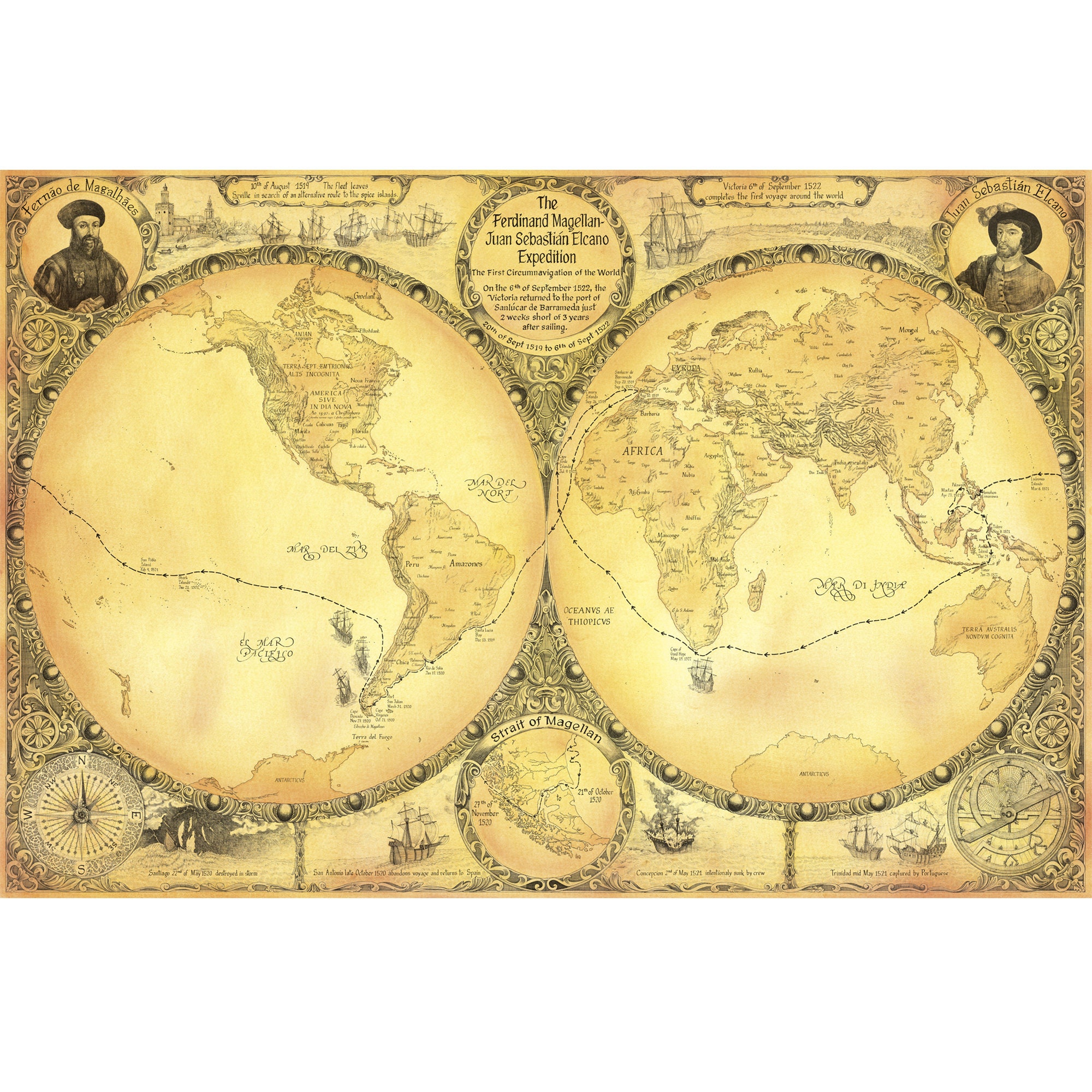
Jeffrey Burton Russell is an American historian who has written interesting books on the history of religion. Years ago, I read his trilogy on the history of symbolisms of evil, surveying ancient pre-Christian times, the time of early Christianity, the Patristic period, and the medieval and early modern eras, a thought-provoking exercise in comparative religion, tracing the cross-currents between Persian and Greek mythology with reference to such symbolisms as evil, hell, demons, and the devil, and how they eventually influenced the Israelite and then Christian mythologoumena.
More recently, I note that he has written a book in the academic genre of what may be known as the "history of ideas" about the myth of the Flat Earth -- specifically, the myth that nearly everyone in the Middle Ages and in the ancient world (before they grew up to be wise Modern Men like us) believed the earth is flat.
In a review & discussion with Russell about his book, Inventing
the Flat Earth: Columbus and Modern Historians (1997), Russell notes how modern historiography is not immune from spin and skew:
Contortions that are common today, if not widely recognized, are produced
by the incessant attacks on Christianity and religion in general by secular
writers during the past century and a half, attacks that are largely responsible
for the academic and journalistic sneers at Christianity today.
A curious example of this mistreatment of the past for the purpose of
slandering Christians is a widespread historical error, an error that the
Historical Society of Britain some years back listed as number one in its
short compendium of the ten most common historical illusions. It is the
notion that people used to believe that the earth was flat--especially medieval
Christians.
And getting to the heart of the matter of his book, Russell goes on to note:
It must first be reiterated that with extraordinary few exceptions no
educated person in the history of Western Civilization from the third century
B.C. onward believed that the earth was flat. [bold emphasis in the original]
Furthermore:
Nor did this situation change with the advent of Christianity. A few--at
least two and at most five--early Christian fathers denied the sphericity
of earth by mistakenly taking passages such as Ps. 104:2-3 as geographical
rather than metaphorical statements. On the other side tens of thousands
of Christian theologians, poets, artists, and scientists took the spherical
view throughout the early, medieval, and modern church. The point is that
no educated person believed otherwise.
And this:
Historians of science have been proving this point for at least 70 years
(most recently Edward Grant, David Lindberg, Daniel Woodward, and Robert
S. Westman), without making notable headway against the error. Schoolchildren
in the US, Europe, and Japan are for the most part being taught the same
old nonsense.
He couldn't have put it more emphatically:
No one before the 1830s believed that medieval people thought that the
earth was flat.
Russell then asks the obvious question:
How and why did this nonsense emerge?
At this point, I could ask the reader whether this sounds a bit familiar. Like, oh, the modern Western Myth of the Moderate Muslim purveyed throughout the Western Mainstream, and the closely related Myth of a Peaceful Islam (which, moreover, pioneered Science and invented Everything Good while the West was sunk in the Dark Ages).
At any rate, the specific nonsense Russell is referring to, he traces to the 19th century -- to a French academic, Antoine-Jean Letronne
(1787-1848), and an American, the famous novelist, Washington Irving
(1783-1859).
This specific nonsense Russell has documented and exposed is just one of the perhaps thousands of facets of the much broader and deeper mass neurosis of a civilization curiously indulging in a self-criticism taken to irrational, morbid excess.
Why is why the West currently continues to defend, rather than condemn, as it should, Islam and all Muslims.
No comments:
Post a Comment